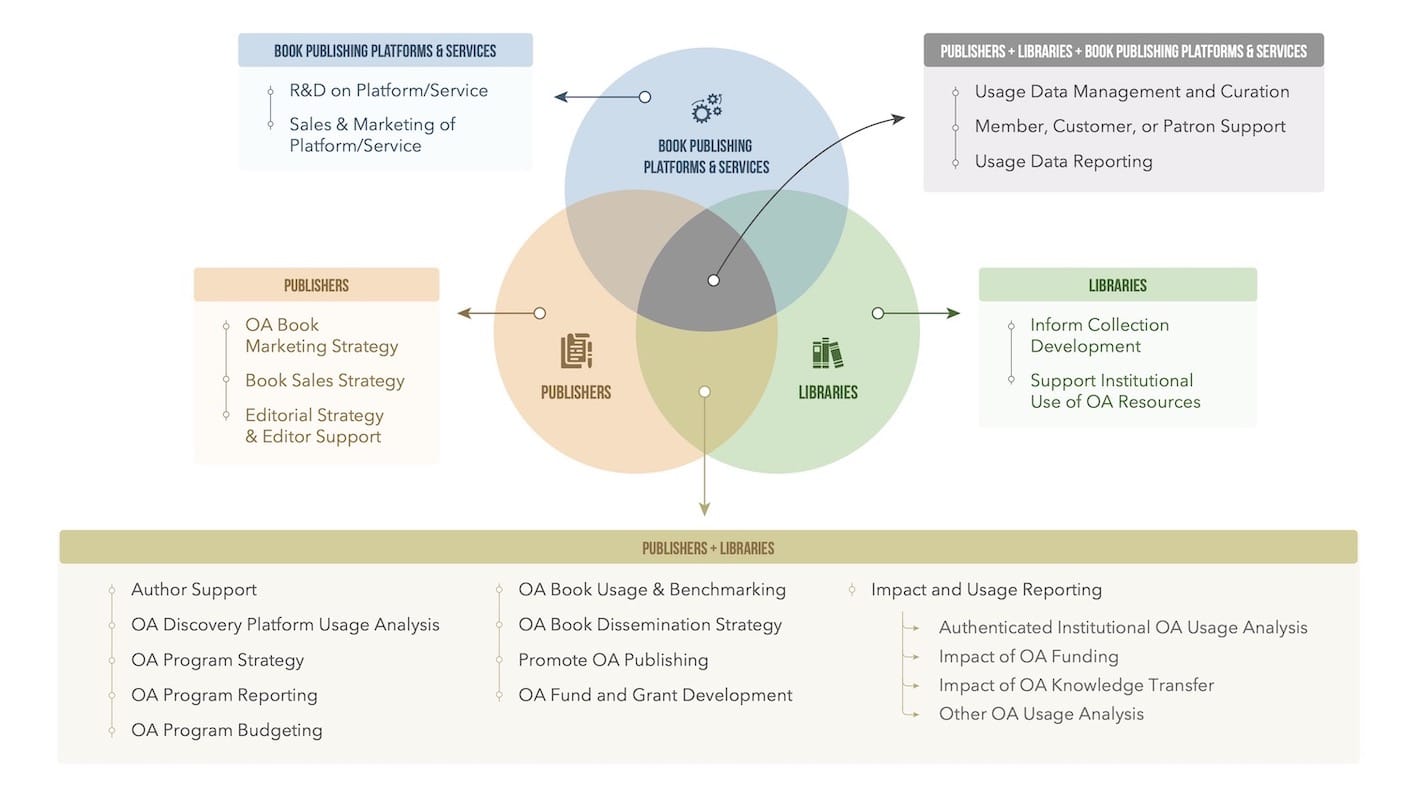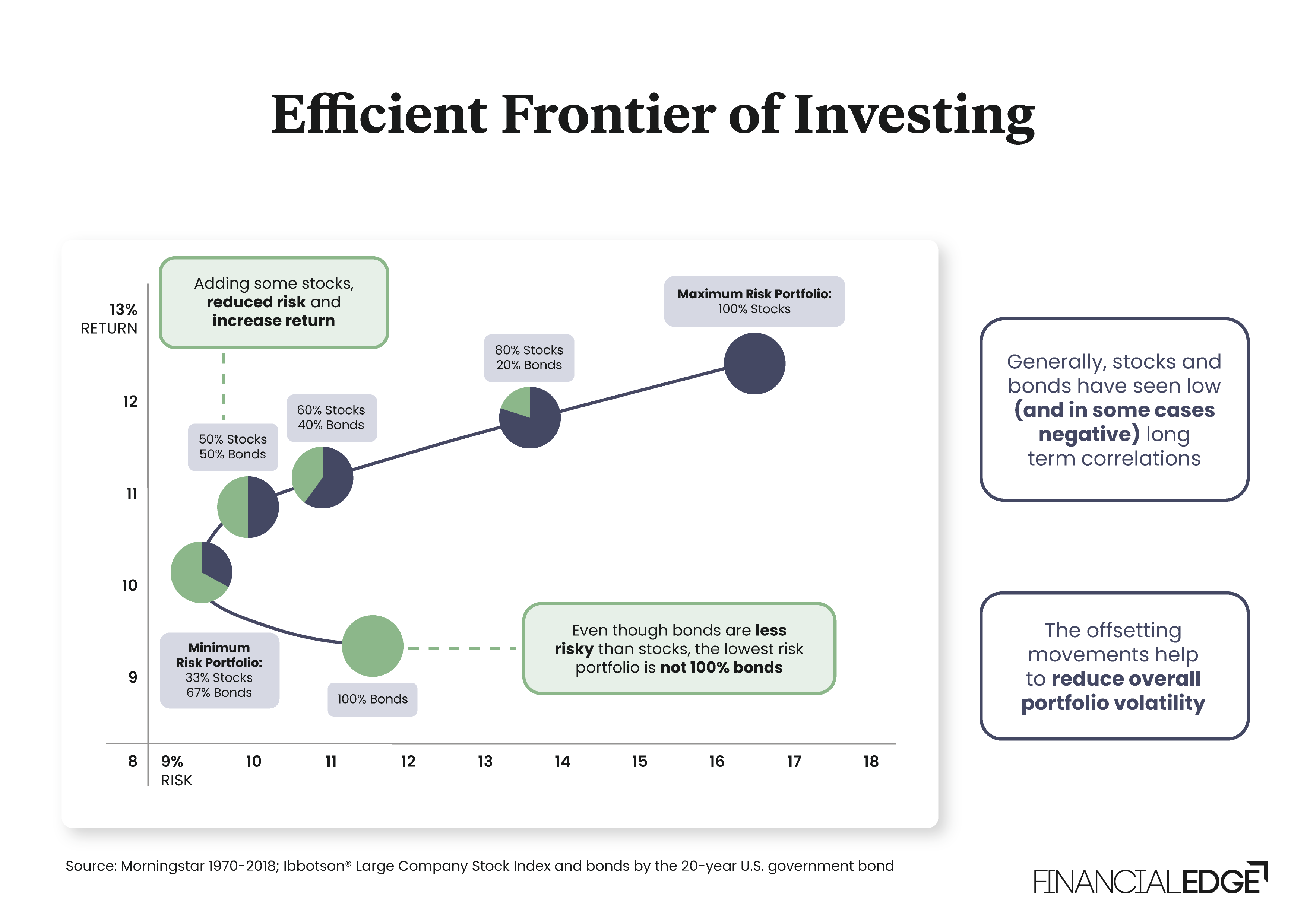Google Can Still Train Its Search AI: Post-Opt-Out Data Usage

Table of Contents
The Legalities of Data Usage After Opt-Out
Data Anonymization and Aggregation Techniques
Google employs various techniques to anonymize and aggregate data, aiming to comply with regulations like GDPR and CCPA. This allows them to utilize data for AI training while minimizing identifiable personal information. Specific techniques include:
- Differential Privacy: Adding carefully calibrated noise to the data to obscure individual contributions while preserving overall trends.
- Data Masking: Replacing sensitive information with pseudonyms or generic values.
- Aggregation: Combining data from multiple users to create statistical summaries, eliminating individual identifiers.
These techniques aim to ensure that the data used for AI training is compliant with privacy regulations, preventing the re-identification of individual users. However, the effectiveness of these methods remains a subject of ongoing discussion and debate.
The Limits of Opt-Out
While users can opt out of personalized advertising and certain data collection practices, the limitations of these opt-out options are significant. Google might still utilize anonymized data for AI training, even after a user opts out. This is because:
- Residual Data: Even after opting out, some data might remain implicitly linked to a user's activities, though not directly identifiable. This "residual data" can still contribute to broader AI training datasets.
- Aggregated Data: Opting out typically doesn't prevent Google from using aggregated and anonymized data derived from multiple users, including those who have opted out.
- Contextual Data: Information about the search query itself, irrespective of user identity, can still be valuable for training AI models.
Therefore, a complete removal of a user's data from Google's AI training datasets is not guaranteed, even with an opt-out.
How Google Uses Post-Opt-Out Data for AI Training
Improving Search Relevance and Accuracy
Aggregated and anonymized data significantly improves Google's search algorithms. This contributes to:
- Better Understanding of Search Intent: By analyzing search patterns, even without knowing individual identities, Google refines its algorithms to better understand what users are looking for.
- Improved Ranking Algorithms: Anonymized data helps Google determine which results are most relevant and helpful to users, leading to more accurate search rankings.
- Personalized Search (within limits): Even with opt-outs, Google can still make some generalized improvements to the search experience for groups of users with similar search patterns.
These improvements directly impact the user experience, leading to faster and more accurate search results.
Developing New AI Features and Capabilities
Anonymized data fuels the development of new features in Google Search and other AI-powered products. Examples include:
- AI-Powered Summaries: Algorithms trained on anonymized data can generate concise summaries of web pages, improving user experience and information access.
- Improved Voice Search: Data contributes to more accurate speech recognition and natural language understanding in voice-based search functionalities.
- Multi-lingual Support: Analyzing search patterns across various languages helps improve the accuracy and effectiveness of Google Translate and other multilingual tools.
Future applications could include more sophisticated AI assistants and personalized information retrieval systems, all benefiting from the insights derived from anonymized data.
Ethical Considerations of Post-Opt-Out Data Usage
Transparency and User Trust
Transparency is crucial to maintaining user trust. Google needs to:
- Clearly Explain Data Usage Policies: Provide clear and concise explanations of how data is used, even after opt-outs, in easily understandable language.
- Offer More Granular Control: Allow users greater control over what data is collected and how it's utilized, going beyond simple opt-out options.
- Regularly Audit Data Practices: Implement rigorous internal audits to ensure compliance with stated policies and to identify areas for improvement.
Increased transparency builds trust and encourages responsible data practices.
Balancing Innovation and Privacy
The tension between AI innovation and user privacy is a significant ethical challenge. Arguments for Google's current practices often highlight the societal benefits of AI advancements. However:
- Privacy Concerns: Critics argue that even anonymized data can be vulnerable to re-identification, raising serious privacy concerns.
- Lack of Informed Consent: The effectiveness of opt-out mechanisms is questioned, suggesting users may not fully understand the extent of data usage even after opting out.
- Algorithmic Bias: The data used for training might contain biases, perpetuating inequalities through AI systems.
Finding solutions requires a multi-faceted approach, including stronger regulatory oversight, greater transparency from tech companies, and ongoing public discourse on the ethical implications of AI development.
Google Can Still Train Its Search AI: Post-Opt-Out Data Usage – A Necessary Consideration
This article highlighted the complex interplay between Google's AI training practices, post-opt-out data usage, and the crucial considerations of legality and ethics. Key takeaways include the limitations of opt-out options, the utilization of anonymized data for improving search and developing new AI features, and the ongoing ethical debate surrounding transparency and the balance between innovation and privacy. Stay informed about how Google utilizes your data, even after opting out, and contribute to the ongoing conversation about responsible AI development and the balance between innovation and user privacy. Understand the implications of Google's post-opt-out data usage for yourself.

Featured Posts
-
 Formula 1s Expansion Under Ceo Stefano Domenicali A Comprehensive Look
May 05, 2025
Formula 1s Expansion Under Ceo Stefano Domenicali A Comprehensive Look
May 05, 2025 -
 Jet Zeros Triangle Shaped Jet A 2027 Flight Plan
May 05, 2025
Jet Zeros Triangle Shaped Jet A 2027 Flight Plan
May 05, 2025 -
 Trumps Executive Order Targeting Perkins Coie Deemed Unlawful
May 05, 2025
Trumps Executive Order Targeting Perkins Coie Deemed Unlawful
May 05, 2025 -
 Thunderbolts Will Marvels Anti Heroes Save The Day
May 05, 2025
Thunderbolts Will Marvels Anti Heroes Save The Day
May 05, 2025 -
 Investing In Middle Management A Strategic Move For Business Growth
May 05, 2025
Investing In Middle Management A Strategic Move For Business Growth
May 05, 2025
Latest Posts
-
 Will The Oilers Rebound Against The Canadiens A Morning Coffee Preview
May 05, 2025
Will The Oilers Rebound Against The Canadiens A Morning Coffee Preview
May 05, 2025 -
 Oilers Vs Canadiens Morning Coffee Predictions And Bounce Back Potential
May 05, 2025
Oilers Vs Canadiens Morning Coffee Predictions And Bounce Back Potential
May 05, 2025 -
 Nhl Highlights Avalanche Defeat Panthers Despite Late Comeback
May 05, 2025
Nhl Highlights Avalanche Defeat Panthers Despite Late Comeback
May 05, 2025 -
 Johnston And Rantanen Power Avalanche To Victory Over Panthers
May 05, 2025
Johnston And Rantanen Power Avalanche To Victory Over Panthers
May 05, 2025 -
 First Round Nhl Playoffs Key Factors And Predictions
May 05, 2025
First Round Nhl Playoffs Key Factors And Predictions
May 05, 2025
